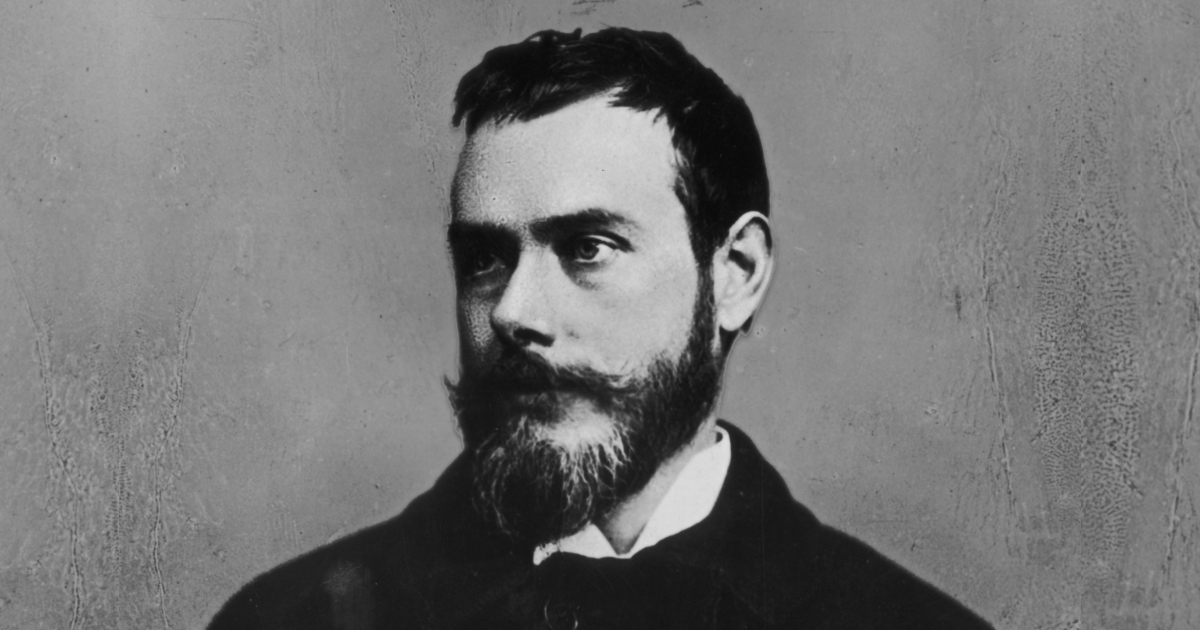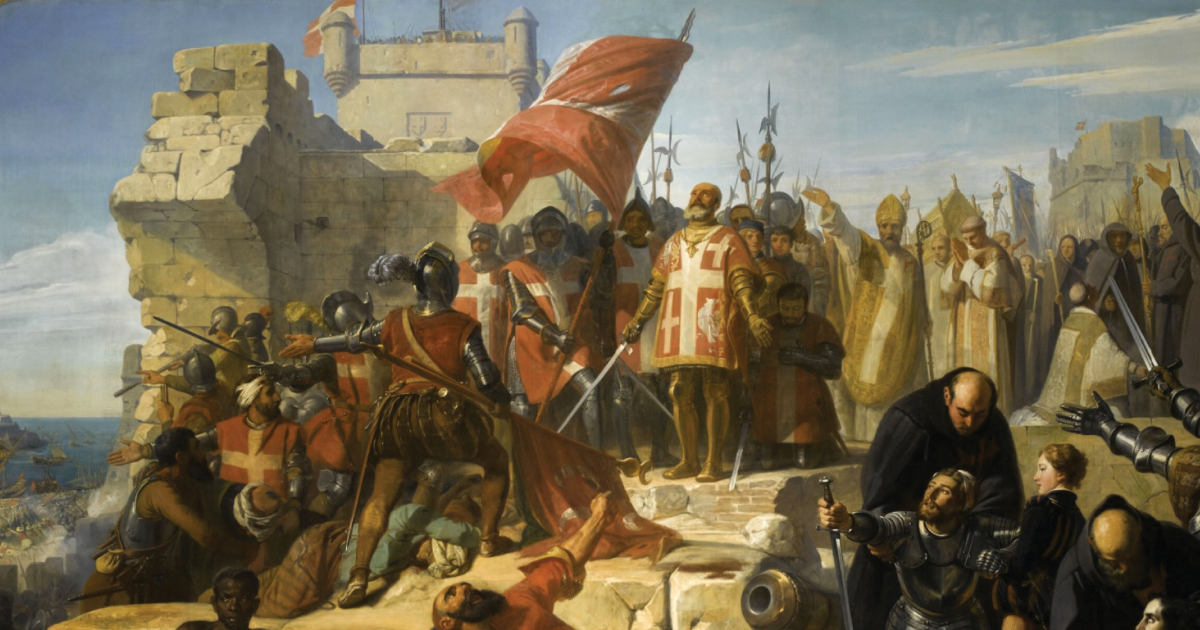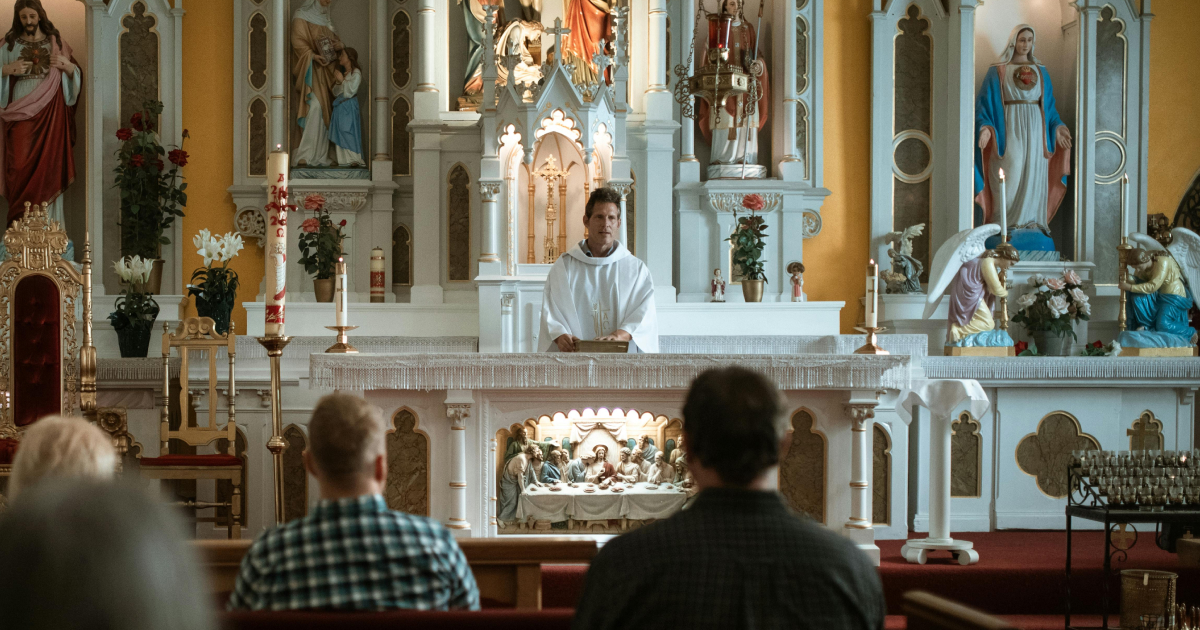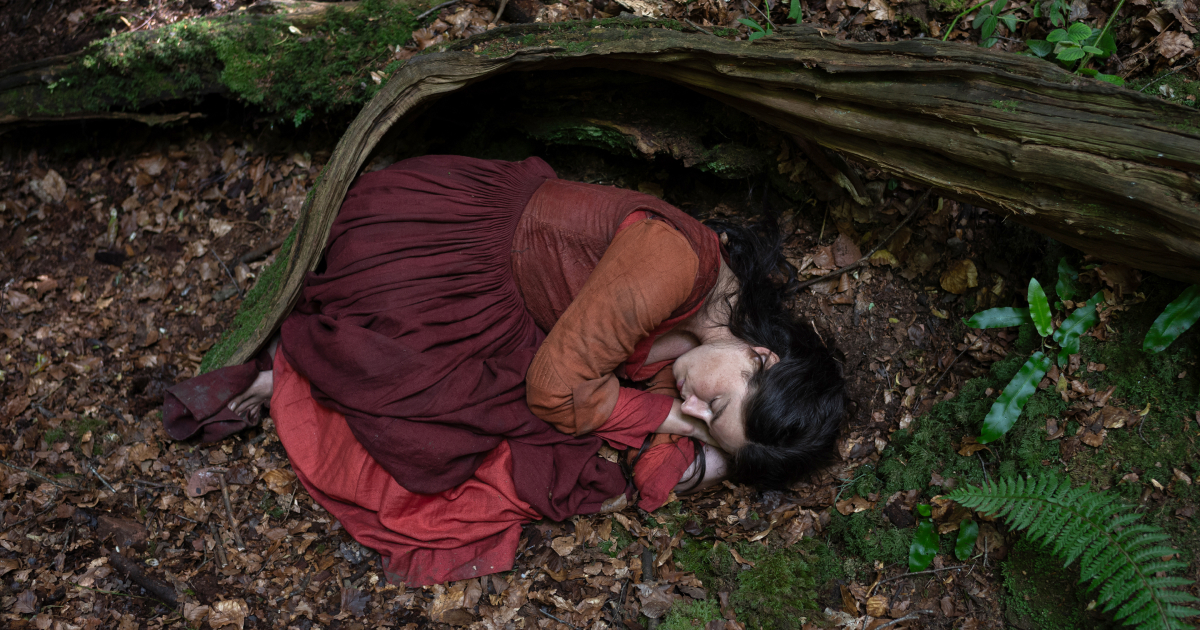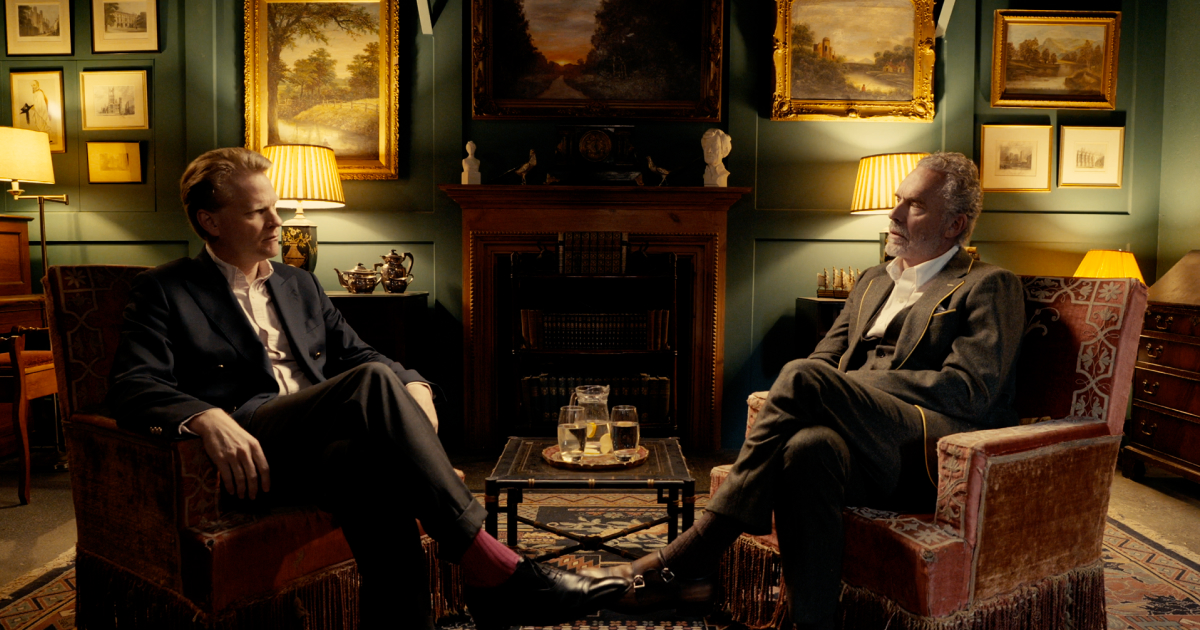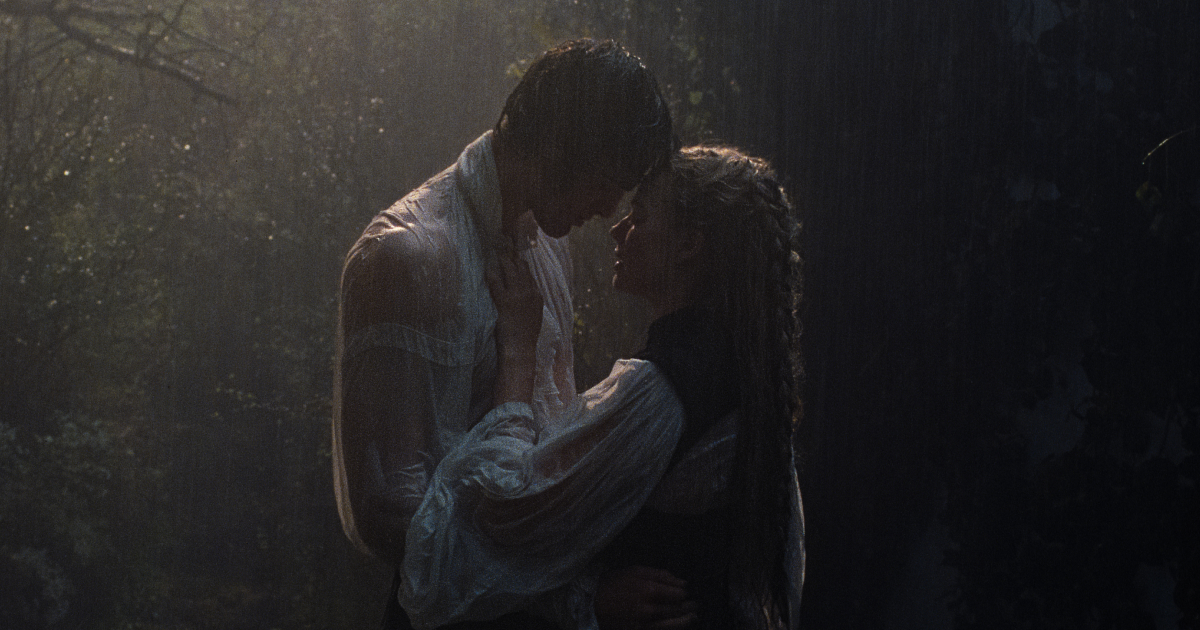When God stood face to face with Moses on Mount Sinai, he described himself as a God of mercy and grace, slow to anger and abounding with kindness and truth. Kindness and truth, not kindness or truth. Pope Francis said that we are not living through an era of change but through a change of era. His words were prophetic, and we are living through a volatile moment in that transformation. The balance we strike between kindness and truth will define our engagement with it.
Before I begin to describe the era that is forming now, which I call the “Era of Restoration”, it is necessary to describe what it is replacing. It was a period of historical time that was mercilessly initiated by Margaret Thatcher in 1979 and immaculately consummated by Tony Blair in 1997, and I call it the “Era of Progressive Globalisation”. It has been the common sense for forty years, and its assumptions still dominate our economy and government.
The problem is that no one believes in it any more. The tragedy for progressives is that the future is not what they thought it was going to be. The more the future slips away, the more they double down on their greatest weaknesses and follies. The more liberal, the more authoritarian; the more diverse, the more homogenous of thought. The future is dissolving before their eyes, and so they fight to preserve their power by forcing through legislation based on their values and beliefs. And the more they do that, the more unpopular they become.
The truth is not kind for them. And this age of restoration is paradoxical: dark and light, loving and hateful, violent and holy, fearful and hopeful. Let me try to explain by way of contrast the scale of the transformation we are living through. The old era was contractual, the new is covenantal. The old era was characterised by the domination of financial services, in which money became the ultimate measure of value, whereas the new requires industry and a priority for national security. Free movement will be replaced by borders, corporate social responsibility by a national economic strategy, innovation by invention, reform by restoration, process by courage, diversity by solidarity, students by soldiers, TV production by weapons production.
Most importantly, the old era was progressive, and the emerging era is tragic. The previous era was procedural, legal and administrative; the new era will be political, democratic and volatile. It is also a shift from Protestant to Catholic, from individualism to institutions, from self-definition to the authority of tradition.
The election of Donald Trump was the final confirmation of the end of the old, which had been brewing for two decades, but it is only the beginning. The fundamental question for the English Catholic Church – and there is an equal stress on each of those three words – is how it acts to shape this era of restoration. The fate of the kingdom is in its hands. Kindness and truth, wisdom and courage – ever ancient, ever new.
We are only just emerging from the fog of progress in which up is down, bad is good, weird is normal. In which human rights mean you cannot tell the truth, justice is the defence of perverts, democracy is liberalism, sovereignty is obedience to multinational treaties, freedom means compliance, creativity is marketing, and diversity is homogeneity. Two generations have been sacrificed to this idiocy masquerading as reason, and universities have been the main incubators. And by the way, men are women and Islam is a religion of peace. And if you do not agree with all of that, we will take away your lanyard and you will not have a job. Honestly.
The fantasy is over, and the truth is kind. Only our delusions make us tremble. It enables me to say, without fear of being called nostalgic or outdated, that the first point, ever ancient, ever new, is that the free market did not create the world.
“In the beginning, God created the heaven and the earth” is the first sentence of Holy Scripture. Without following Aquinas too closely, we can define Creation as “human beings” and “nature”. The definition of capitalism is the commodification of both: the exploitation of human beings and nature in order to turn them into commodities of fluctuating price in competitive markets to generate quick and maximum profit. That is the definition of capitalism. Pope Leo XIII called this a system of “modern slavery” and St John Paul II wrote of a “structure of sin”. It desecrates the human status of the person, and most particularly the worker. The highest return at the greatest speed is its objective, and the status of a worker as more than a commodity blocks that return. Capitalism is like diarrhoea – it liquidates solidarity.
The second truth is that the state did not create the world either. The preservation of the sacred status of human beings and nature is the primary role of politics. Subsidiarity is the best way to temper the pharaonic tendency of centralised state power. Sovereignty is necessary to resist the domination of capital; subsidiarity is required to resist the tyranny of the state, and all this is predicated on democratic solidarity as the fundamental ethic of society. Cain made a very big mistake. He was his brother’s keeper – we all are. This is the political position of Blue Labour in British politics, and it is based entirely on Laborem Exercens and Centesimus Annus. I will always be grateful to the Church for this gift.
The fundamental teaching of Catholic social thought is that tyranny is a real threat in the economy and the state, and that only a democracy founded upon solidarity, the sharing of the burdens of this hard and merciless life, can generate a virtuous politics through domesticating the demonic energy of the market and of the state. Solidarity, status and subsidiarity are the three pillars.
That is why I believe, as a Jew, and an Orthodox one, that in politics, Christ is King, that in honouring God we honour his creation, incarnated. That the attributes God gave to himself when he spoke face to face with Moses on Mount Sinai are the very condition of citizenship: mercy, grace, kindness and truth. That is why secular republics fail – it is not only that they yearn for a king, but they reject the very idea of nobility that is essential for virtue. Ever ancient, ever new.
This, for me, is the paradox of God: he demands kindness and truth, but the truth is not kind. It hurts people’s feelings. In order to be kind, however, we must honour the truth, and in order to honour God we must honour his creation and recognise the truth that the last thirty-five years have been a desecration of all that is sacred. Pope John Paul II understood this better than anyone – even better than Marx, who wrote that capitalism commodifies creation itself: “All that is solid melts into air, and all that is holy is profaned.”
The gift of Catholic social teaching speaks to us now, as clearly as God spoke at Mount Sinai. We are not commodities, we are not administrative units, but social beings yearning for love and meaning. Solidarity, subsidiarity and the dignity of labour are the foundations of the encyclicals.
There has never been a greater need for the Catholic Church as the leading moral force in the restoration of our nation. In order to do that, it will have to honour its own tradition and truly be itself. Maybe this is what Chesterton meant when he wrote of the “democracy of the dead.”
— Maurice Glasman is a political theorist and a Labour peer, founder of Blue Labour.





.jpg)


